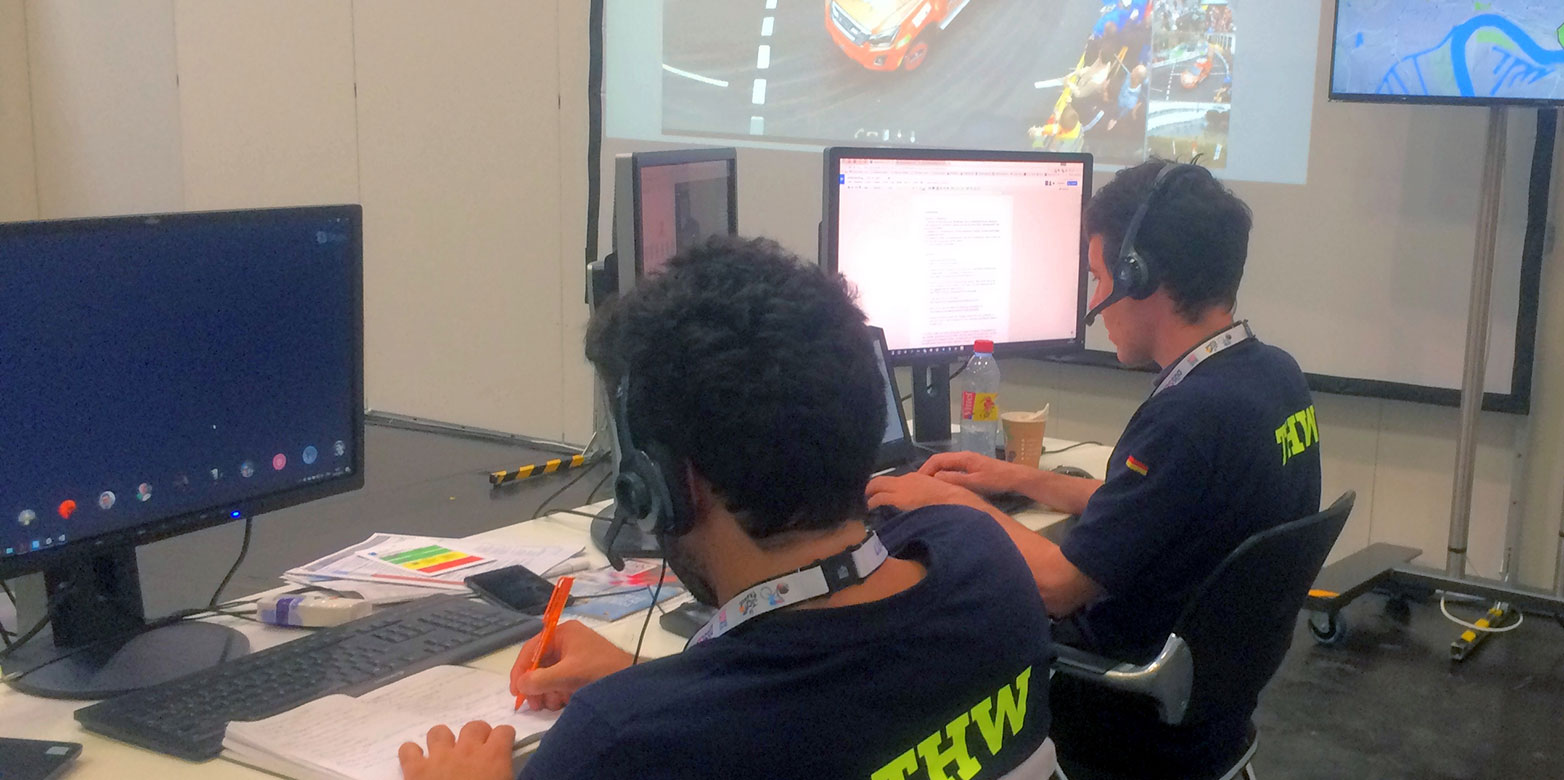Utility of Virtual Operation Support Teams: An International Survey
No disaster management practice has undergone as much change as emergency communication. One response to this rapid change has been the establishment of Virtual Operation Support Teams to monitor social media, support situational awareness, counter rumors and disseminate official communication. This paper by Florian Roth and Timothy Prior examines the evolution of these teams, including their use in seven countries.

Adapting to a highly dynamic, polycentric information environment is increasingly resource-intensive. Unlike in the past, as events occur, the number of eyewitness reports, videos and opinions uploaded and shared on social media can quickly overwhelm the resources of authorities. The risk exists that important information may be missed. Disaster risk managers face difficulties when managing information from social media channels especially in large-scale incidents. For example, during Hurricane Sandy, extensive resources of people, technologies and time were diverted from traditional emergency management activities to deal with misinformation during the incident. Virtual Operation Support Teams (VOSTs) have been established in many countries to help authorities manage information in high-pressure information environments. These teams monitor social media, support situational awareness, counter rumours and disseminate official communication.
